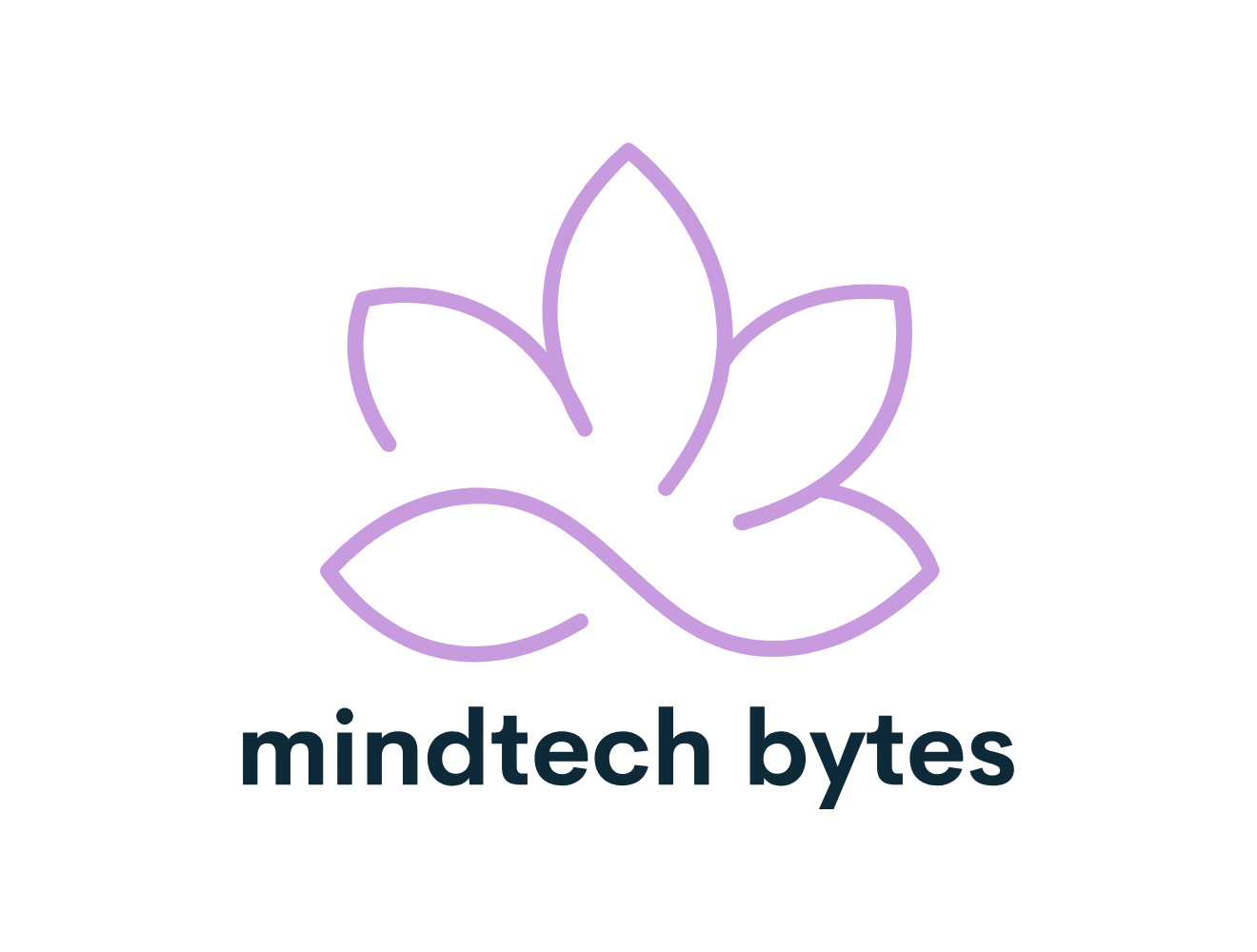Write an article about
In France, dyslexia affects approximately 1.3 million children, accounting for around 6-8% of the student population, which translates to approximately two dyslexic children per classroom. With only 25,000 speech therapists available, the wait for an initial assessment ranges from 12 to 24 months. The Poppins medical device, structured as a video game app, serves as home-based support that complements treatment provided by speech therapists. While Poppins does not substitute for a healthcare professional, it enables children to practice and improve their daily skills.
Today, Poppins secured €5 million in financing, led by Racine2, the impact investment fund from MGEN, managed by Serena and makesense. This round includes support from previous investors: Bpifrance’s Patient Autonome fund, Eurazeo, Kurma Partners, BNP Paribas Développement, and Verve Ventures. This marks Poppins’ third funding round, bringing its total raised capital to €20 million.
With this funding, Poppins aims to fulfil its societal impact journey by becoming a mission-driven organisation by 2025. The investment will support Poppins’ integration into existing care pathways, offering intensive intervention alongside traditional speech and language therapy for dyslexic children within Level 1 care referrals, thereby enhancing children’s adherence to rehabilitation.
Poppins aligns perfectly with the objectives of the National Strategy for Neurodevelopmental Disorders (2023-2027), supporting speech therapists’ care provision to enable faster access to interventions and reduce waiting times that can harm children’s academic success and psychological well-being.
Behind Poppins: a medical application based on 7 years of scientific research
Launched in 2018 by François Vonthron and Antoine Yuen and spun out of the École Polytechnique, Poppins is a startup specialising in medical devices for managing neurodevelopmental disorders, particularly dyslexia, which accounts for 80% of learning disorders.
The medical device offers a structured training protocol through a video game comprising 31 written language and rhythm exercises, accessible on a tablet or smartphone. Comparative clinical trials have demonstrated Poppins’ clinical benefit, representing a breakthrough in care by enabling intensified treatment at home, directly addressing the sector’s critical needs for frequent and regular interventions.
Poppins emerged from a multidisciplinary collaboration involving leading research teams, notably Prof. Michel Habib, neurologist specialising in learning disorders at the Hôpital de la Timone (AP-HM), Prof. David Cohen, head of department at the Hôpital de la Pitié-Salpêtrière (AP-HP), and patient associations such as the Fédération Française des Dys.
Since its creation, Poppins has undergone numerous preliminary studies, involving over 6,000 families across France. This rigorous process includes a randomised, double-blind, placebo-controlled clinical trial, designed to establish Poppins’ efficacy and safety according to the highest scientific standards.
Meeting the challenges of providing care for dyslexic disorders
François Vonthron, CEO and co-founder of Poppins, said, “After 7 years of clinical research and co-construction with patient associations, we’re ready for a new stage: that of integration into care pathways.
Poppins is the result of the most rigorous research and innovative developments, characterised by methodological robustness, effectiveness, and child involvement. The results of our work must now benefit as many people as possible, to reduce the loss of opportunity caused by difficulties in accessing care, and to increase the capacity to care for dyslexic children.”
Poppins is the result of the most demanding research and innovative developments in methodological robustness, effectiveness, and child involvement. The results of our work must now benefit as many people as possible to reduce the loss of opportunity caused by difficulties in accessing care and to increase the capacity to care for dyslexic children.”
The company continues its research and development to pioneer digital medical devices for treating neurodevelopmental disorders: 31 game-based exercises are now available, and encouraging data from ADHD patients suggest promising future applications. Poppis aims to make its medical device widely accessible by applying to the French Health Insurance (Assurance Maladie) for reimbursement under the Prise En Charge Anticipée des dispositifs médicaux Numériques (PECAN) scheme.
An increasing number of employers and complementary health insurance companies now cover the monthly subscription costs for families with dyslexic children (approximately €30 per month) or support Poppins’ development. These include MAE, Allianz France, Abeille Assurance, Groupe Pasteur Mutualité, PRO BTP, IRCEM, Kerialis, Audiens and Radio France.
Eric Gossart, Partner at Serena: “Learning disorders affect 8% of our young people. The consequences on academic success, mental health and professional integration underline the public health imperative to improve care pathways to guarantee each child early and intensive support, including in territories that are most under pressure due to a lack of speech therapists. Racine2 is proud to support a rigorous and humble team in its mission with a strong societal impact.”
.Organize the content with appropriate headings and subheadings (h1, h2, h3, h4, h5, h6) and made content unique. Include conclusion section and FAQs section at the end. do not include the title. it must return only article i dont want any extra information or introductory text with article e.g: ” Here is rewritten article:” or “Here is the rewritten content:”


